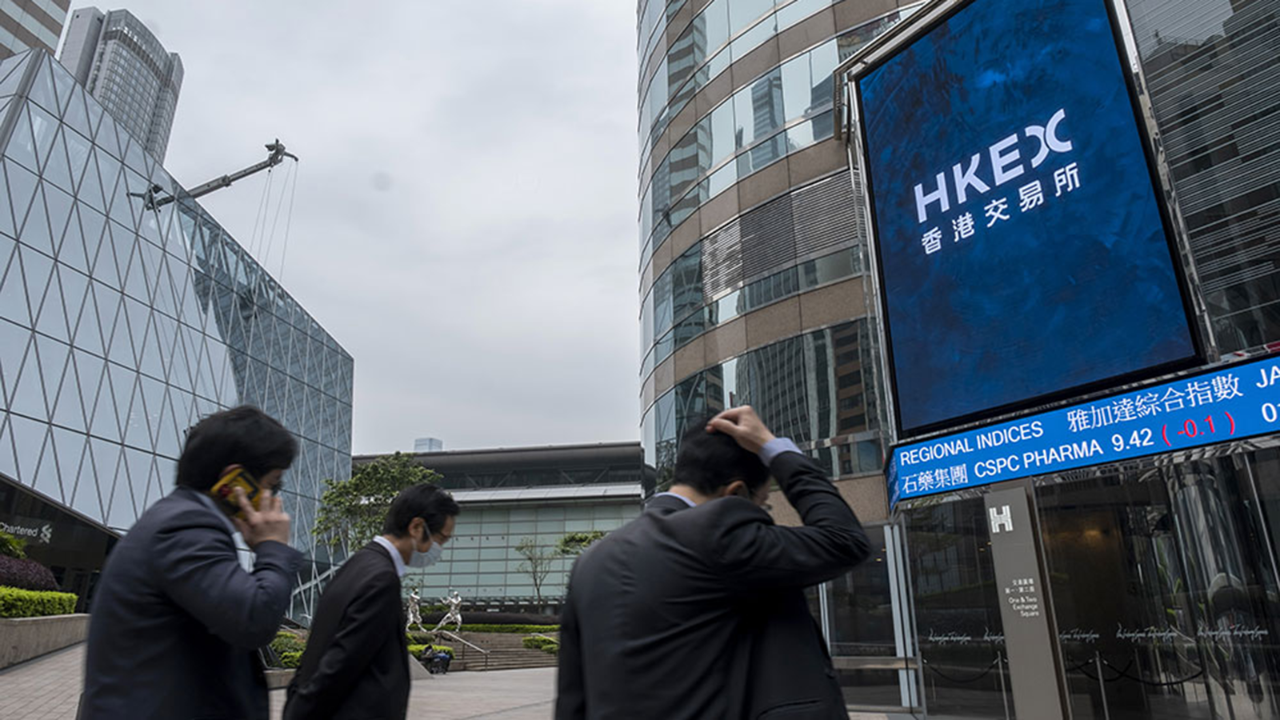
Generally, any move by Hong Kong Exchanges and Clearing (HKEX) to enhance the quality of the Special Administrative Region's bourse and further strengthen Hong Kong's role as Asia’s premier international financial centre are met with enthusiasm from market stakeholders.
However, an HKEX proposal to significantly raise the profit threshold for companies seeking to list has met with almost united pushback from brokers, chambers of commerce, professional bodies, accountants, investment bankers and even legislators.
The cause of the break from the usual harmony is a consultation paper released by HKEX. The Main Board Profit Requirement proposes increasing the profit listing prerequisite from the current HK$50m on a three-year aggregated basis to at least HK$125m.
The profit requirement would also be required to triple to HK$60m in the most recent financial year, up from HK$20m. Under the current profit test, HKEX requires a listing applicant to have a minimum amount of profit attributable to shareholders (profit requirement) of HK$20m in the most recent financial year and HK$30m in aggregate in the two preceding financial years.

Under the terms of the new proposed profit threshold, Hong Kong would be the toughest exchange in the world to list on
Under the terms of the new proposed profit threshold, Hong Kong would be the toughest exchange in the world to list on, with a profit threshold higher than the New York Stock Exchange’s one.
Dampening down?
While there has been no official announcement, in the wake of pushback, a rumour that’s being attributed to a source close to HKEX is speculating that the bourse has decided to dampen down its proposal to drastically raise the profit qualification.
According to the HKEX, raising the profits threshold would enhance the quality of market constituents and protect investors. One of the reasons cited by HKEX is to reduce the implied historical price-to-earnings (P/E) ratios of listing applicants that only just meet the minimum profit and market capitalisation requirement.
Contesting this as a reason to change the listing requirement, the Chamber of Hong Kong Listed Companies (CHKLC) believes that, instead of strengthening the bourse, raising the profit threshold would weaken the competitiveness of the market and the diversification of companies listed on the Exchange.
Not only could local small-cap issuers be excluded from listing on the main board, but overseas companies from the South-East Asian region could be discouraged from choosing to list in Hong Kong, according to the CHKLC.
Profit eligibility
The HKEX suggestion that companies not able to meet the main board profit eligibility could seek a listing on Hong Kong's Growth Enterprise Market (GEM) also received a lukewarm response.
In the whole of 2020, there were only eight companies that listed on the GEM, compared with 15 in 2019 and 75 in 2018. Established at the beginning of the first internet bubble to cater for emerging companies, market experts argue that the framework is not suitable for smaller business in traditional industries. Furthermore, many fund managers are mandated not to trade on GEM stocks.
Business impact
Based on the exchange’s consultation paper, theoretically about 60% of the 745 companies that listed on Hong Kong’s main board between 2016 and 2019 would have failed to meet the profits requirements.
Objectors to the HKEX proposal have also pointed out that companies that make profits before listing can also make losses afterwards. They add that the proposal could cause indirect harm to Hong Kong’s renowned legal and financial services professionals, who assist companies with their listing processes.
Meanwhile, the Hong Kong General Chamber of Commerce cited another reason for opposing the proposal, pointing out that many entrepreneurs investing in start-up companies do so with the ultimate aim of realising their investment through a main board listing. Therefore, the proposal could deter the formation of promising new businesses and innovation, to the detriment of Hong Kong.
HKEX has yet to comment on whether it will continue with the proposal as it stands or dampen it down in order to raise the profit qualification. Watch this space...




